Shelf Awareness continues our multi-part series on how booksellers are reacting to a range of laws boosting the minimum wage that have been enacted in various states and municipalities around the country. Yesterday, we examined how booksellers in California are dealing with a new state law and several local laws. Today we talk with booksellers in Washington, D.C., about the District's new minimum wage laws and get the American Booksellers Association's perspective on the issue. More next week on how bookstores in New York and Seattle are responding to minimum wage hikes.
In June, Washington, D.C.'s city government passed legislation calling for a minimum wage of $15 per hour by 2020, joining New York, California and Seattle. Earlier this month, the wage rose from $10.50 per hour to $11.50, and over the next four years will increase by about a dollar per hour each year. Over the course of five years, D.C.'s minimum wage will have increased more than 50%.
"We're just trying even harder to find ways to economize," said Bradley Graham, the co-owner of Politics & Prose. "It's especially tricky for us because we're also trying to expand and hire additional staff to handle our new satellite operations inside Busboys and Poets restaurants."
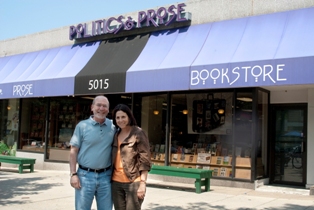 |
| Graham and Muscatine at Politics & Prose |
In the five years since Graham and his wife, Lissa Muscatine, took ownership of Politics & Prose, they've been actively working to increase sidelines. Though the percentage of sidelines has grown relative to total sales, Graham said it was still "well below average" for many bookstores. Even before the wage increases, P&P had been trying to expand revenue streams and carry more items with better margins. During that same time, sales and overall revenue have increased.
"Fortunately we've had some cushion," Graham said. "But that cushion is going to run out well before we get to $15 an hour."
Barring any sudden "game changers" in the next few years, Graham continued, he said that something had to give, whether that be a reduction in staff or a reduction in inventory offerings. In his recent talks with publishers, Graham reported, he has tried to convey that despite reports of an indie recovery and growing sales for independent bookstores, indies are still facing very serious budget challenges and the industry is not necessarily on firm financial footing for the foreseeable future.
"It's not just raising wages--it's rising rents in urban areas, it's rising medical costs, even with the Affordable Care Act," said Graham. "To be able to weather the storm, it would be great to have more favorable terms from major publishers."
Publishers, he noted, seem sympathetic, though a clear strategy going ahead remains elusive. Removing the prices from books, he said, is one option under more consideration by both publishers and booksellers. "I'm certainly willing to experiment with that," he added, acknowledging that the idea has some significant pros and cons. "But I have my doubts that that's going to be the long-term solution."
 |
| Anna Thorn at Upshur Street Books |
Anna Thorn has been the manager of Upshur Street Books since its opening in D.C. in November 2014. Thorn, like many other booksellers, reported having conflicting feelings about raising the minimum wage. On a philosophical level, Thorn said, she is fully supportive. Still, she has deep concerns about how such a quick wage increase will affect small businesses and especially bookstores.
"[The deadline] went to 2020 to allow small businesses to adapt," said Thorn. Though that is certainly better than having to do it all at once, "it doesn't totally change things. You can't completely change the nature of your business or your margins in four years."
Thorn has worked to increase Upshur Street's sidelines offerings since the store opened and plans to continue doing so. She is wary of carrying too many sidelines relative to the store's total size, wanting to avoid stocking so many sidelines that the store starts to feel like "a toy shop with some books."
Considering the high cost of living in Washington, D.C., Thorn was skeptical that the minimum wage increase would give more people more money to buy more books. The increase to minimum wage, she said, feels much more like the city is trying to catch up with the cost of the bare necessities. Despite struggles in the short term, Thorn is cautiously optimistic that this could be a very positive thing for bookstores in the future. Higher wages could draw more skilled, knowledgeable staff members and could help retain those staff members.
Though she has not had any conversations with publishers about the minimum wage increase, she did note that small and independent publishers can be a bit more adaptable and flexible. A number of them already don't put prices on books and allow indies effectively to set those margins, she pointed out.
"It might be a little hard to adapt and there may be some casualties," she said. "But ultimately it's something that could work to a bookstore's advantage."
---
For the American Booksellers Association, the enactment of new laws boosting the minimum wage significantly has been a major concern, beginning with the bill-writing process.
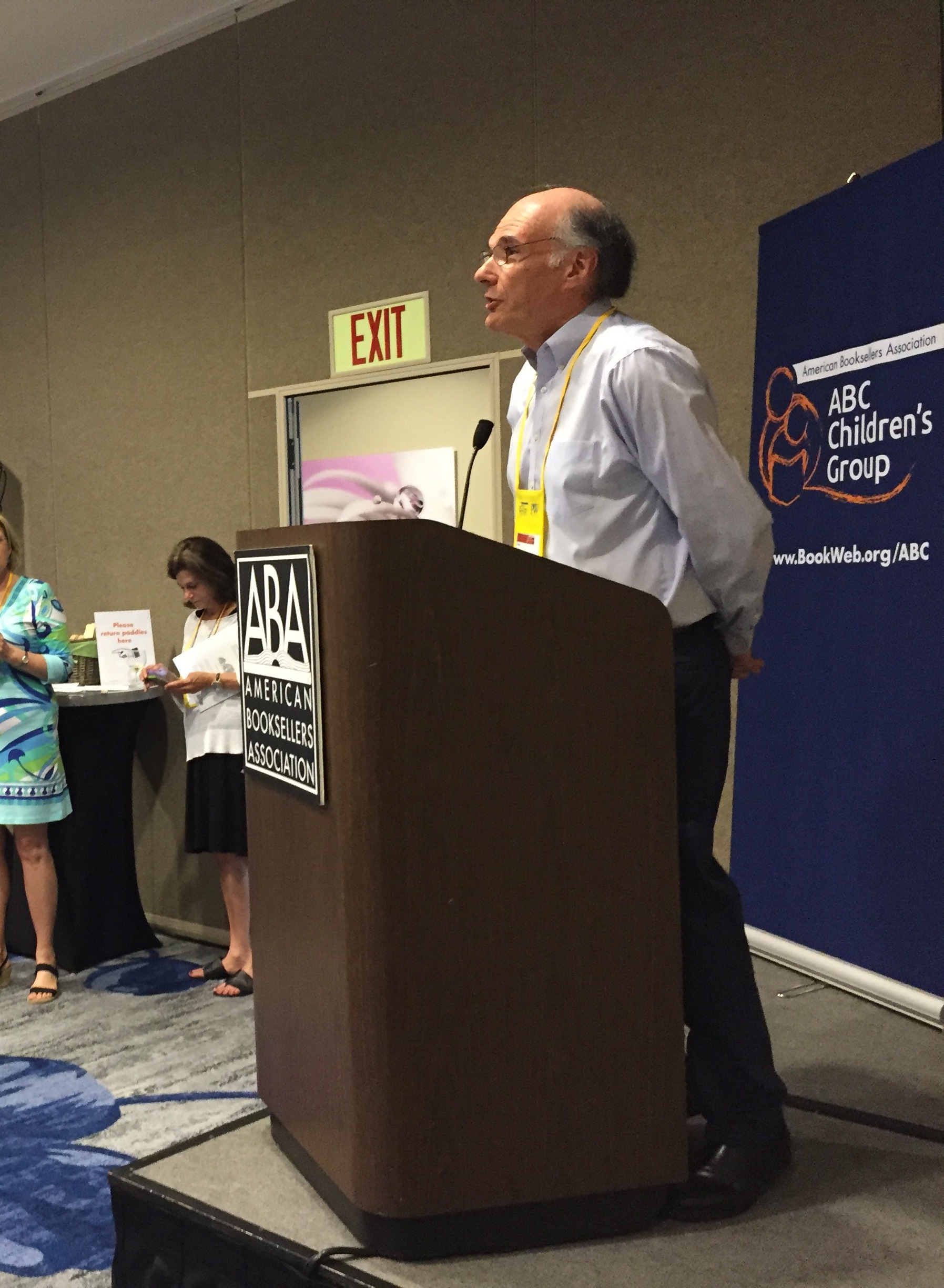 |
| Oren Teicher |
"It's critical for booksellers, and other small business people, to be at the table with elected officials because there is no guarantee the perspective of small business people will even be considered," said Oren Teicher, CEO of the American Booksellers Association. In conversations with member bookstores, Teicher reported, the ABA has stressed the need for booksellers to get involved in any discussions with elected officials regarding wage increases as early as possible. He also stressed that booksellers should not assume that community or state officials have a small business background, or even understand the financial realities of small business or what kind of net profits a bookstore typically earns.
"While many booksellers favor minimum wage increases, I do think there is a consensus among our members that those increases ought to be phased in over time, and that government officials need to also be looking at other ways to support small business," Teicher continued.
To help booksellers navigate the minimum wage debate, the ABA has created a few online tools for booksellers to use, including a downloadable minimum wage calculator booksellers can use to see how a hypothetical wage increase would impact their bottom line; an indie retail fact sheet to give to elected officials and lawmakers; and tips for meeting with elected officials. At the same time, the ABA is advocating on behalf of indies with elected officials and educating booksellers on best practices for building a stronger financial foundation. It's also mindful of the help publishers might offer.
"I think our publishing colleagues understand the myriad challenges facing bookstores, including having to pay higher wages," Teicher added. "And, I believe there is a renewed willingness to work together to insure that we all are operating as efficiently as possible." --Alex Mutter
In regard to yesterday's story about how booksellers are responding to laws in California boosting the minimum wage, Praveen Madan, co-owner of the Booksmith and Kepler's, wrote to amplify: "The current starting wage at Kepler's is $13 per hour. For the last three years, we have also shared store profits with all staff and for the recent year finished on June 30, 2016, the profit share for each staff member was $1.08 per hour, bringing the effective starting wage to $14.08. By law, the minimum wage in Menlo Park is the state of California minimum wage of $10 per hour. As far as I know, Kepler's is already paying a better starting wage than any other bookstore in the entire country. Kepler's is also on track to raise our starting wage to $15 per hour by this fall. We think even $15 per hour is not going to be enough and a living wage at current living costs in the San Francisco bay area probably needs to be closer to $20 per hour.
"Improving staff wages and benefits has been a key driver behind the strategy of transforming Kepler's into a model bookstore of the future. I have been 150% convinced for a long time that the current economic model of traditional retail bookselling can't generate enough profit to pay decent living wages to our staff. Thus the need to rethink and reinvent the model. At Kepler's, we have been working on this for four years and just in recent months we have been quite public about our commitment to get to $15 per hour by this fall."
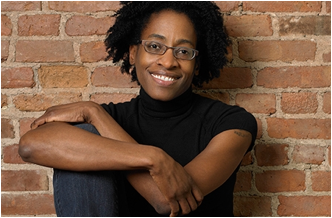 "I don't think I've ever been at an indie bookstore I didn't like. One of the things I like is that they are so different in so many ways, but at the same time they are similar: you get to meet people who really care and know about books, and you get to meet a new community at each one."
"I don't think I've ever been at an indie bookstore I didn't like. One of the things I like is that they are so different in so many ways, but at the same time they are similar: you get to meet people who really care and know about books, and you get to meet a new community at each one."









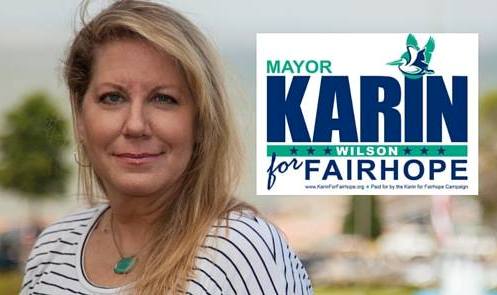 If she wins the election, which will be held August 23, Wilson will join the distinguished ranks of bookseller-mayors who include Richard Howorth, co-owner of Square Books, Oxford, Miss.; Neal Coonerty, former owner of Bookshop Santa Cruz, Santa Cruz, Calif.; Eric Papenfuse, owner of the Midtown Scholar bookstore, Harrisburg, Pa.; Tom Lowry of Lowry's Books in Three Rivers and Sturgis, Mich.; and David Gronbach, co-owner of Bank Street Book Nook, New Milford, Conn.
If she wins the election, which will be held August 23, Wilson will join the distinguished ranks of bookseller-mayors who include Richard Howorth, co-owner of Square Books, Oxford, Miss.; Neal Coonerty, former owner of Bookshop Santa Cruz, Santa Cruz, Calif.; Eric Papenfuse, owner of the Midtown Scholar bookstore, Harrisburg, Pa.; Tom Lowry of Lowry's Books in Three Rivers and Sturgis, Mich.; and David Gronbach, co-owner of Bank Street Book Nook, New Milford, Conn.
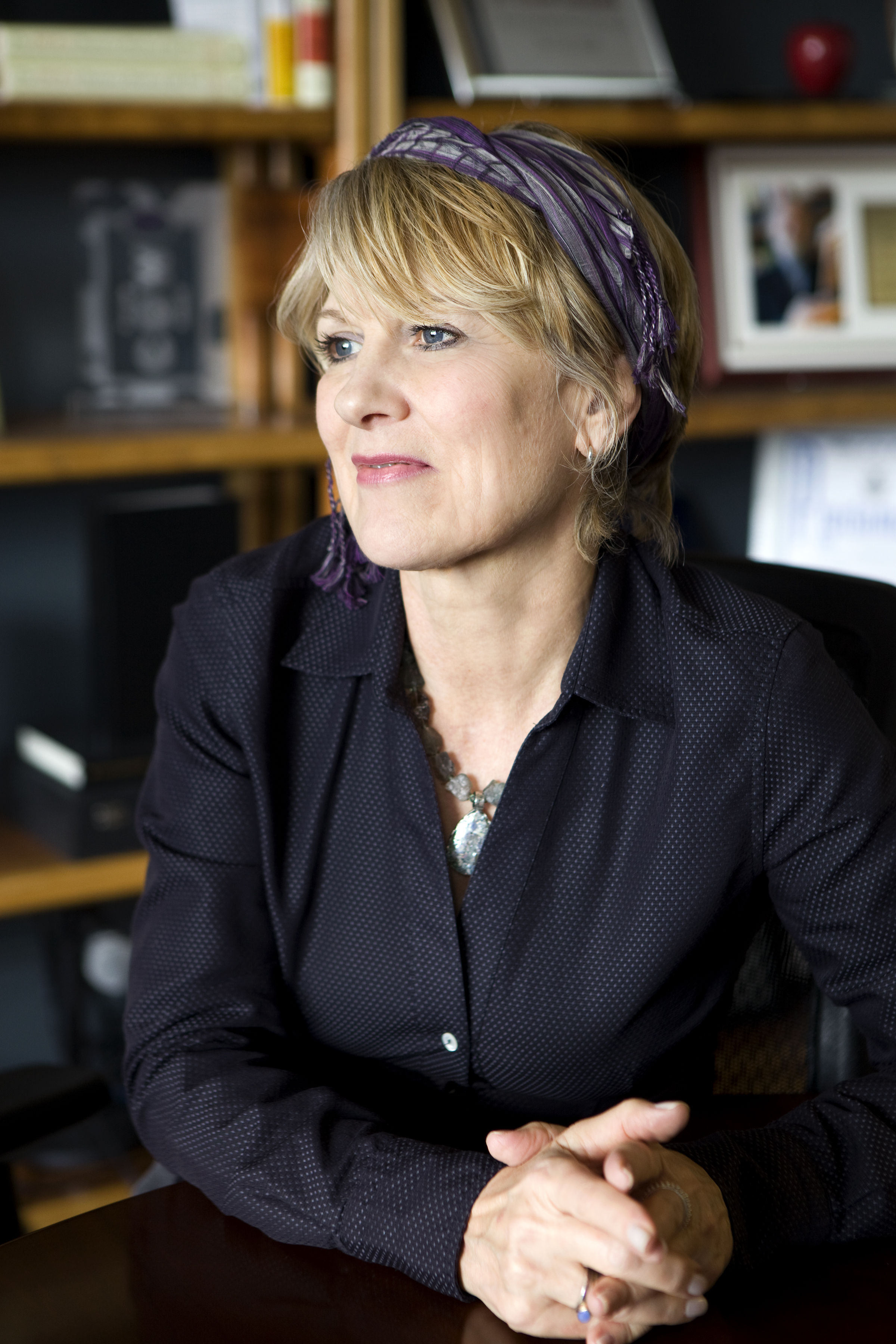
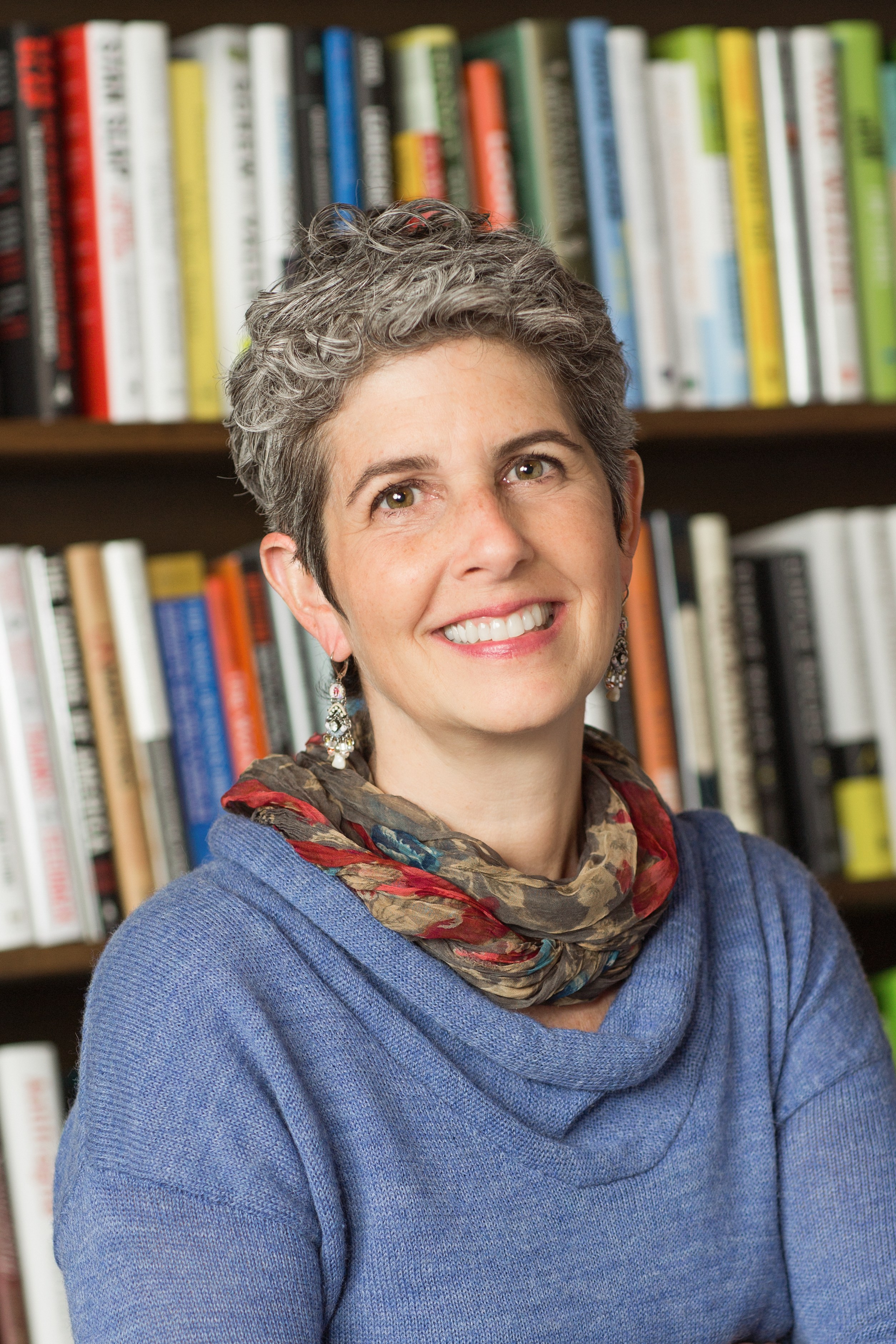





 Last Saturday, the staff of
Last Saturday, the staff of 
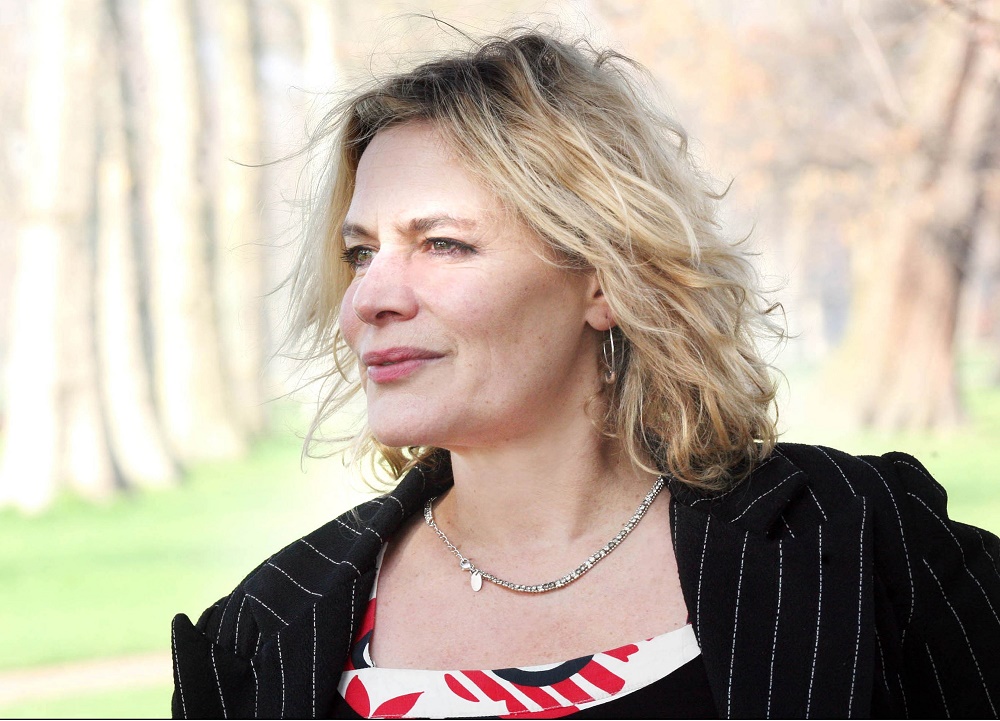
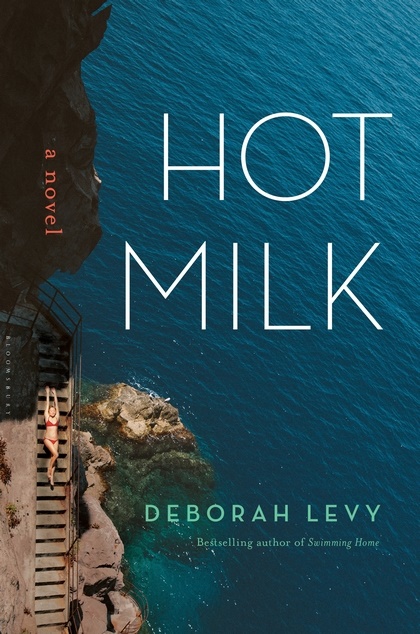 Book you're an evangelist for:
Book you're an evangelist for: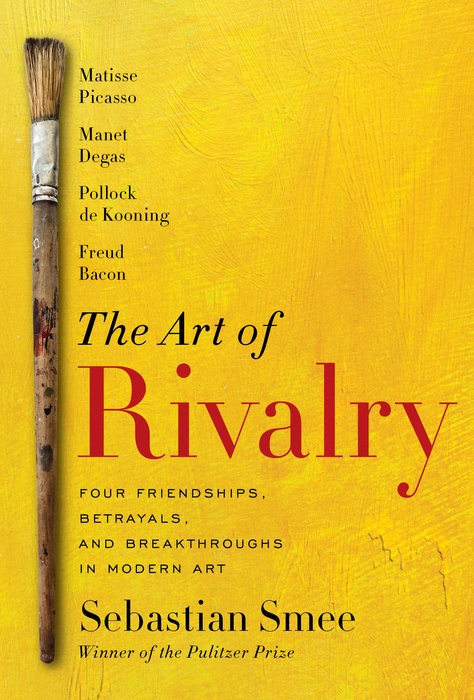 Titans in the art world often have titanic egos to go along with their extraordinary talent. In The Art of Rivalry, Pulitzer Prize-winning Boston Globe art critic Sebastian Smee focuses on the outsized self-esteem, vulnerabilities and principal works of four pairs of contemporary artists who form the bedrock of modern art. With an enlightening blend of biography, anecdote, history and art criticism, Smee explores the relationships between Lucian Freud and Francis Bacon, Édouard Manet and Edgar Degas, Henri Matisse and Pablo Picasso, and Jackson Pollock and Willem de Kooning--sometimes fraught relationships based on what he calls "the restless, twitching battle to get closer to someone... balanced with the battle to remain unique."
Titans in the art world often have titanic egos to go along with their extraordinary talent. In The Art of Rivalry, Pulitzer Prize-winning Boston Globe art critic Sebastian Smee focuses on the outsized self-esteem, vulnerabilities and principal works of four pairs of contemporary artists who form the bedrock of modern art. With an enlightening blend of biography, anecdote, history and art criticism, Smee explores the relationships between Lucian Freud and Francis Bacon, Édouard Manet and Edgar Degas, Henri Matisse and Pablo Picasso, and Jackson Pollock and Willem de Kooning--sometimes fraught relationships based on what he calls "the restless, twitching battle to get closer to someone... balanced with the battle to remain unique." 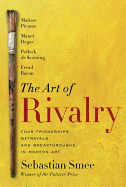
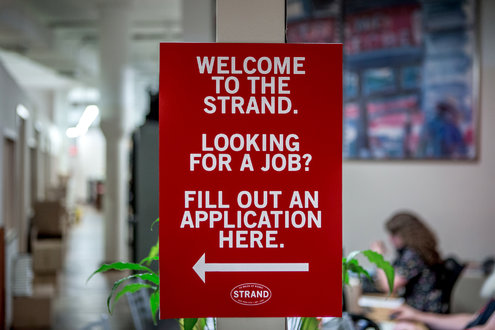 Earlier this week we highlighted a New York Times piece on
Earlier this week we highlighted a New York Times piece on  If you were to get a book-inspired tattoo (assuming you don't already have one), what and where would it be?
If you were to get a book-inspired tattoo (assuming you don't already have one), what and where would it be?